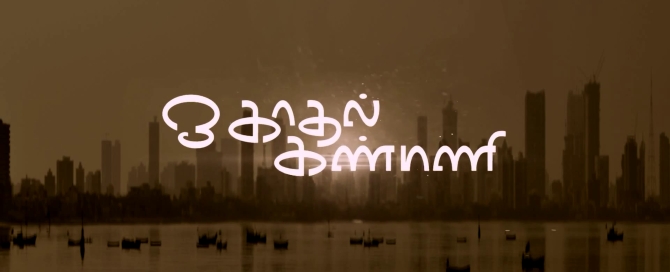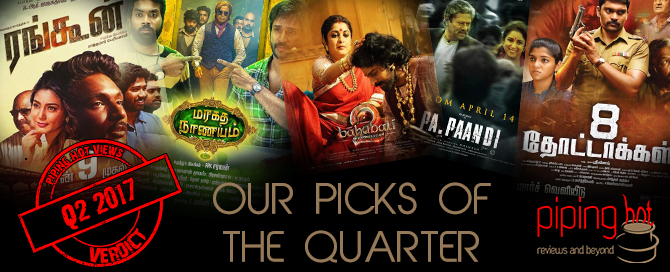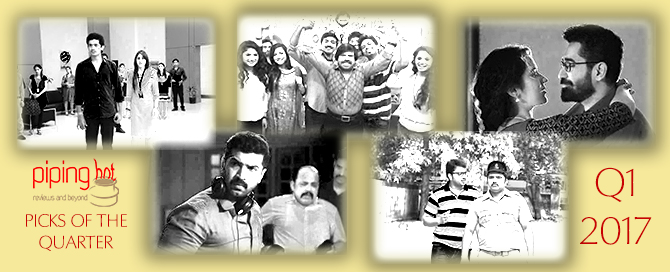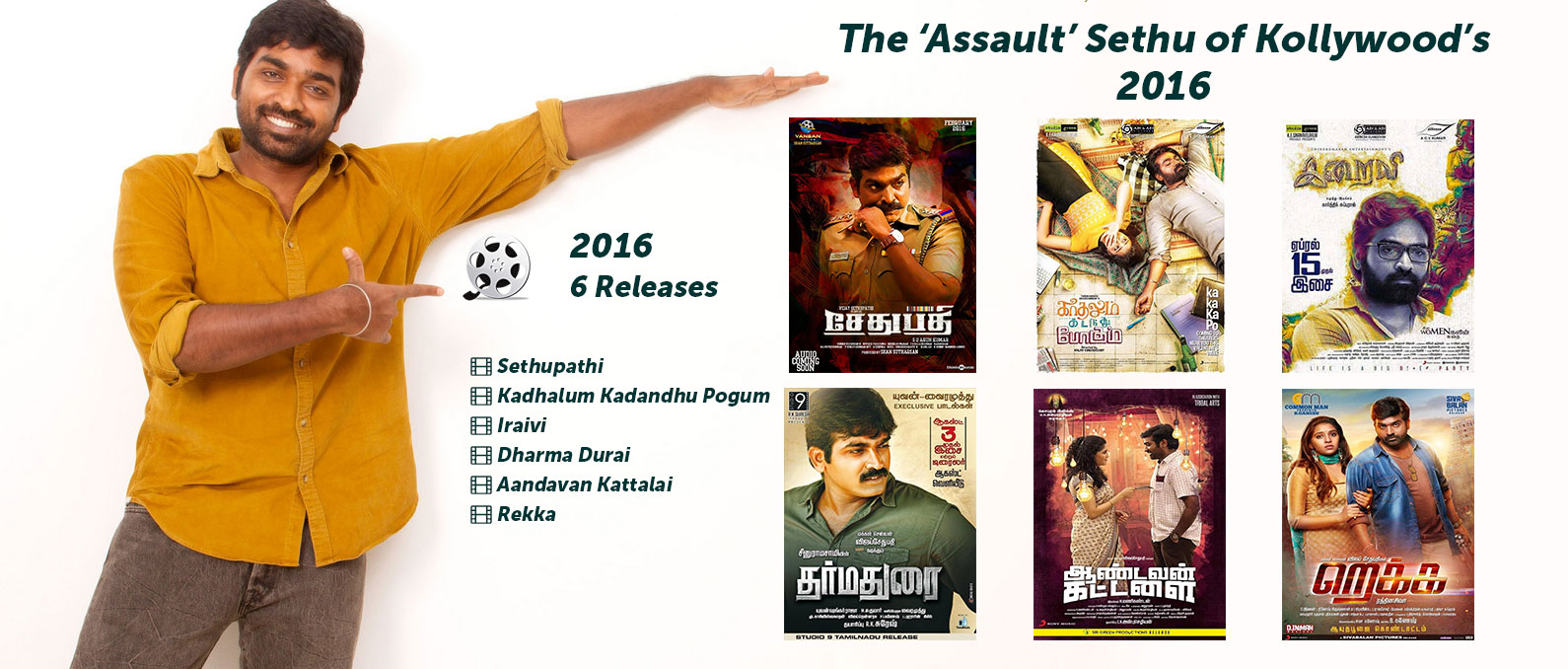[WARNING: This article contains spoilers.]
I would agree if you were to call O Kadhal Kanmani a comeback of sorts for Madras Talkies, the production house but I have my own reasons to argue against if one were to claim the film is a comeback for director Mani Ratnam.
Not wishing to complicate things by going to an Oxford or a Merriam Webster, I make a google search on the phrase ‘comeback meaning’. It returns me this:
A return by a well-known person, especially an entertainer or sports player, to the activity in which they have formerly been successful.
The keywords to note here are ‘return’, ‘well-known person’ & ‘successful’. While there is no question on the association of Mani with the term in the middle, using ‘return’ & ‘successful’ for a creator after he had given us Raavanan & a haywire yet experimental Kadal is hypocritical of our appreciation of his creative instincts.
Is OK Kanmani more creative or serious & intense than any of his earlier works? A unanimous ‘Definitely not’ might become ‘perhaps not’ if you go far back in time to the days of Thiruda Thiruda but the ‘no’ would still remain. In spite of that, many of us are calling OKK a comeback for the master director. That took me to the question on what it was in the film that made us feel happy for the director. The fact that he has proved he isn’t dated yet (of which there were indications in his last two outings) comes in a flash. The mischievous charm he is known for might be another worthy reason. You cannot deny he brought a smile to your face by showing you someone showing someone a game or a video-calling app in a sequence that is expected to be serious. Those mischievous sparks were absent in his last few films making OKK seem like a comeback.
And there was this big reason – ‘Simplicity’
Dr. Lecter tells this to his beloved Clarice in Silence of the Lambs:
First principles, Clarice. Simplicity. Read Marcus Aurelius. Of each particular thing ask: what is it in itself? What is its nature? What does he do, this man you seek?
If one could draw a parallel, the man in question being Mani Ratnam & what he has done is the film OKK, the answer on why you liked the film will finally zero-in on this word ‘simplicity’. The film was so breezy & simply made, that it took you by surprise for that very fact. He had created only 4 prime characters living in an amazingly likeable & nostalgic old house for props, set them up on your minds showing them from fine perspectives through PC Sreeram’s brilliant camerawork. Sample this scene – Ganapathy at work in Kitchen, Bhavani sitting at the dining table in the background with the lens placed behind the gas stove & to add to the effect, the fumes from the whistling cooker engulf the camera lens. Such level of simplicity is enough for the legendary duo to convey about the elderly couple to the most part.
Now to the younger pair – Enough evidences are planted to show the two are confused about committing to life & marriage, having had shaky experiences (in the form of divorced parents for the girl & in the form of a control ‘freak’ of a brother for the guy) and when the director wants to drive the point home about their state of mind, he chooses just this:
She (reads out slowly as he writes): “Aditya… Varadharajan”
He: “En peru kooda muzhusaa theriyla…” and laughs (The context takes care of completing the sentence implicitly)
It is this sort of charming simplicity that Mani has shown back with OK Kanmani. That, by itself, doesn’t call for adding the ‘comeback’ tag against him.
In that case, What is it that goes against calling this a comeback?
It is this. At least for me. I go into any Mani Ratnam film expecting it to be driven by characters that champion the cause of rebels or outcasts. In other words, I look for getting drowned in the way he brings forth the OTHER PERSPECTIVE . I look forward to what is in store from the man who made you take sides with a criminal of and for the masses, with a couple braving their way out to an inter-religion marriage, with Karnan, Duryodhanan & Raavanan against their mighty and more-respected counterparts, with a controversial business tycoon; the man who made you think about politics from the angle of a terrorist, from the angle of power-centric friends-turned-foes; the man who tried, in vain, to make yourself find where you would fit in a good vs evil battle.
OK Kanmani didn’t give me that. It didn’t even pretend it was going to. Having said that, I don’t mean I would have liked to see the other perspective with the couple deciding to live together without a nuptial agreement. In fact, that sort of an ending would have been disastrous because nowhere in the film does he delve deep into the concept of living together for him to bring justification to it. What if the Gynaecologist appointment was indeed meant for Tara, what if they were caught in the act by the ladies hostel authorities, what if they got into minor scuffles (on who answers the door, who makes the bed, who gets first use of the single bathroom etc.,) that inevitably crop up when living with a roommate. That was not the angle the narrative wished to take.
It is just that the core competency elements expected of a Maniratnam film were absent & for that reason, it cannot be termed the proverbial comeback vehicle.
On that note, in these days of skimming through & reading between the lines, I want to call out that I enjoyed watching the film for all the little magical touches, for its simplicity & lastly for the masterstroke – Making a film for the confused lot allured to a destination-less concept of Living together, doing it through the old school method of travelling & staying with them through its course and making them see for themselves the fallibility of the very concept. To that end, a double OK.
P.S. More on Mani’s Filmography can be found here.
Column written by Sivaram.L







